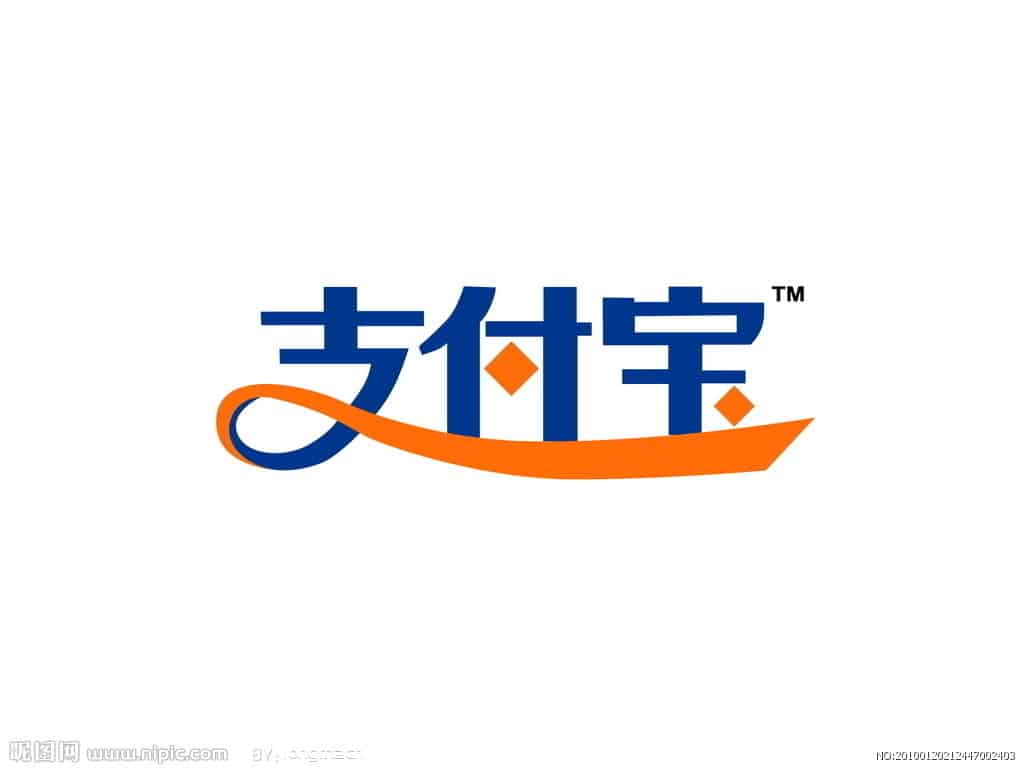Heightened scrutiny by regulators is putting China’s third party providers under heavy cost pressure that will compel them to raise fees as well as lead to a major shake-up of the sector.
Online giant WeChat recently made an adjustment to the terms of its credit card repayment conditions, announcing that a processing fee of 0.1% would be charged for each repayment from the start of August.
Analysts point out that China’s third payments providers could be coming under huge cost pressure as the result of tighter government regulation, which has already compelled them to sever direct links to banks to instead process transactions via a centralised platform.
In August of last year the Chinese central bank’s payments and settlements department issued the “Notice Concerning Non-bank Payment Organisation Internet Payment Operations Shifting from the Direct Linkage Model to Processing by the Netsunion Platform” (关于将非银行支付机构网络支付业务由直连模式迁移至网联平台处理的通知).
The Notice requires that China’s third party payments providers process all payments operations involving bank accounts via the Netsunion platform starting from 30 June 2018, effectively severing direct ties with lenders.
Payments companies in China such as Alipay and Tencent had previously bypassed the central bank’s settlement system to instead forge direct ties with lenders.
This meant that the Chinese central bank was unable to amass detailed information on transactions or accurately determine the use of funds.
“Following the severing of direct ties, WeChat’s cancellation of free credit card repayments is the general trend,” said Dong Yizhi (董毅智), partner with Yida Law Firm and the E-Commerce Research Center, to Science and Technology Daily.
“More and more organisations will collect services fees, and the only difference will lie in how long relevant organisations will continue to refrain from charging fees.”
“At the outset of the growth of mobile payments, WeChat, Alipay and other platforms used the selling point of no fees to rapidly swallow up the market of traditional financial institutions,” said Luo Haoyuan (罗浩元), a partner with Zhong’ao Jinqiao Investment (中粤金桥投资).
“However, now that Tencent’s Tenpay has 800 million users, operating costs have already snowballed into an unbearable burden for the platform. and the use of a fee-based model to make up for the losses of prior subsidies makes sense.”
According to Dong Yizhi heightened regulatory scrutiny is having a heavy impact on the Chinese payments sector, alongside Beijing’s recent decision to further open up the market to foreign investors as part of broader financial reforms.
“Given problems such as pressure to survive for compliant organisations, capital risk, non-compliant channels, and opaque processes, a rectification of payment organisations is necessary amidst the current trend of tighter regulation,” said Dong.
Dong highlighted problems created by loose regulation of the payments sector in the recent past, such as widespread unlicensed operation.
“Current reforms place compliance at the forefront, and will do away with the opportunism and risk transfer of the past,” said Dong.
“This will undoubtedly cast aside a large number of enterprises that look as though they’ve had flourishing growth yet suffer from problems.
“Enterprises that satisfy compliance requirements while also possessing innovative capability will have a seat in the vertical sector.
“Compliance is not just a protection for outstanding enterprises, it’s also a necessity for development of the sector…it will guide the payments sector to engage in true innovation on a foundation of regulation, instead of just using an arbitrage model or risk-transfer model to grab short-term wealth.”
Related stories
Third Party Payments Sector Faces Reshuffle as Regulators Step up Pressure
China’s Third Party Payments Providers Will Sever Direct Ties to Banks



